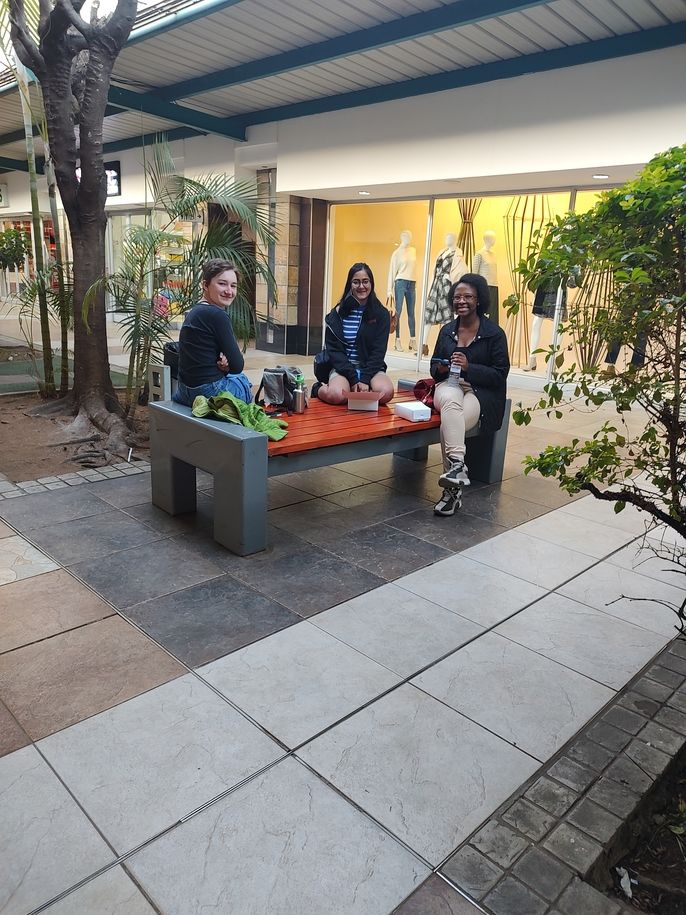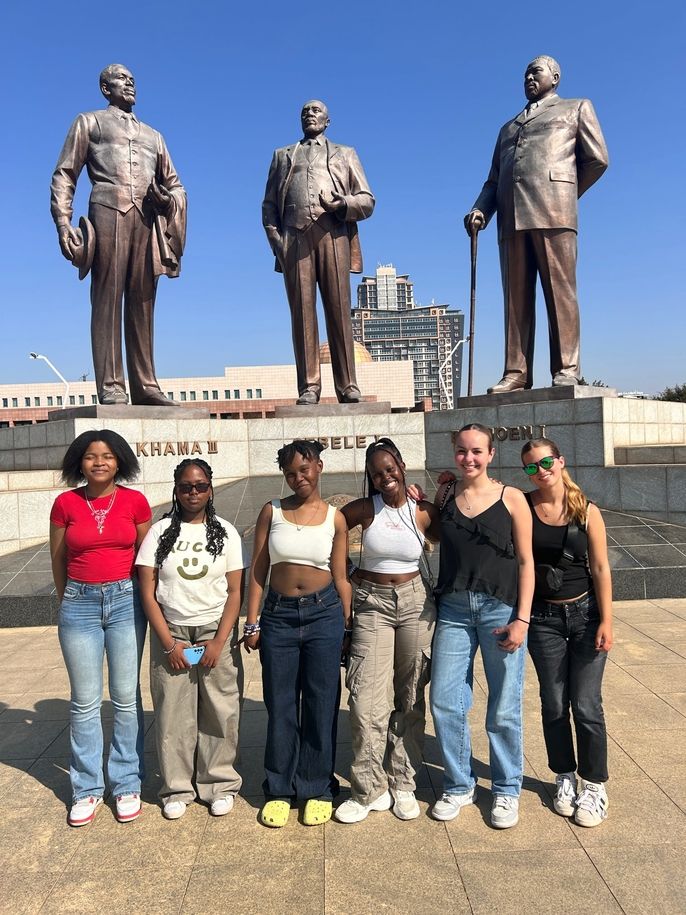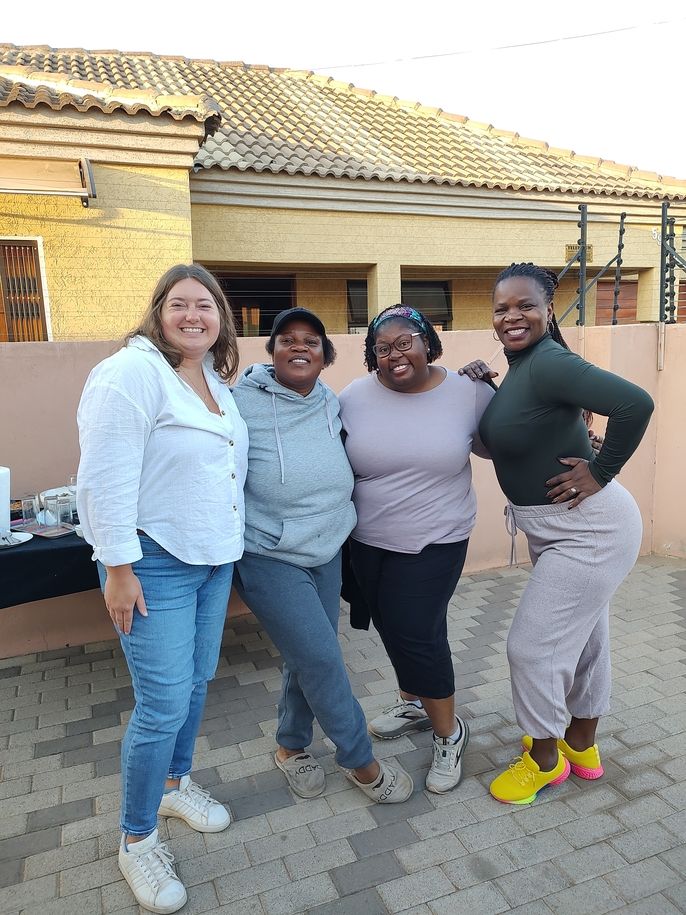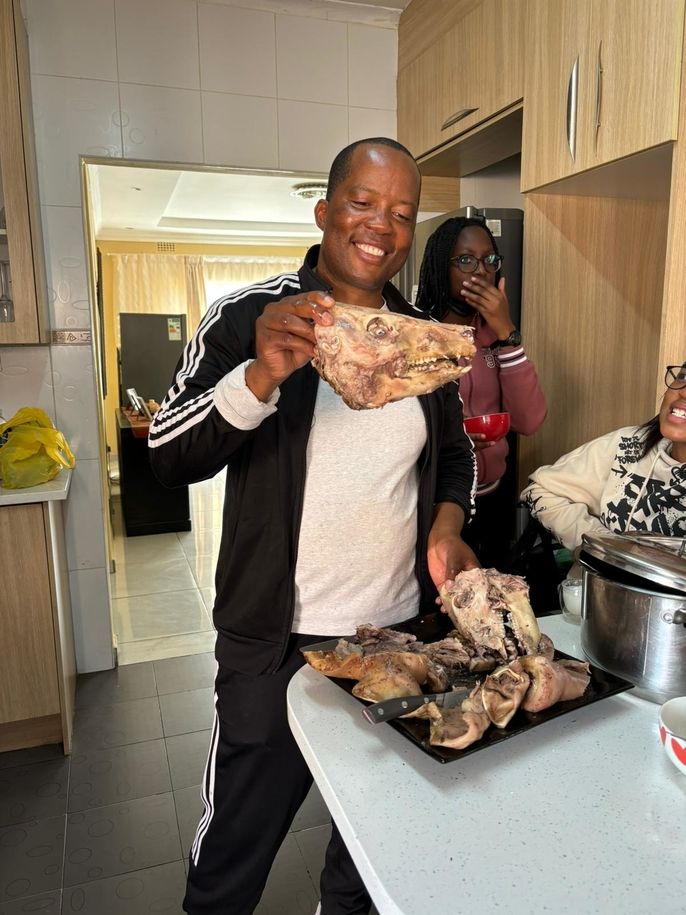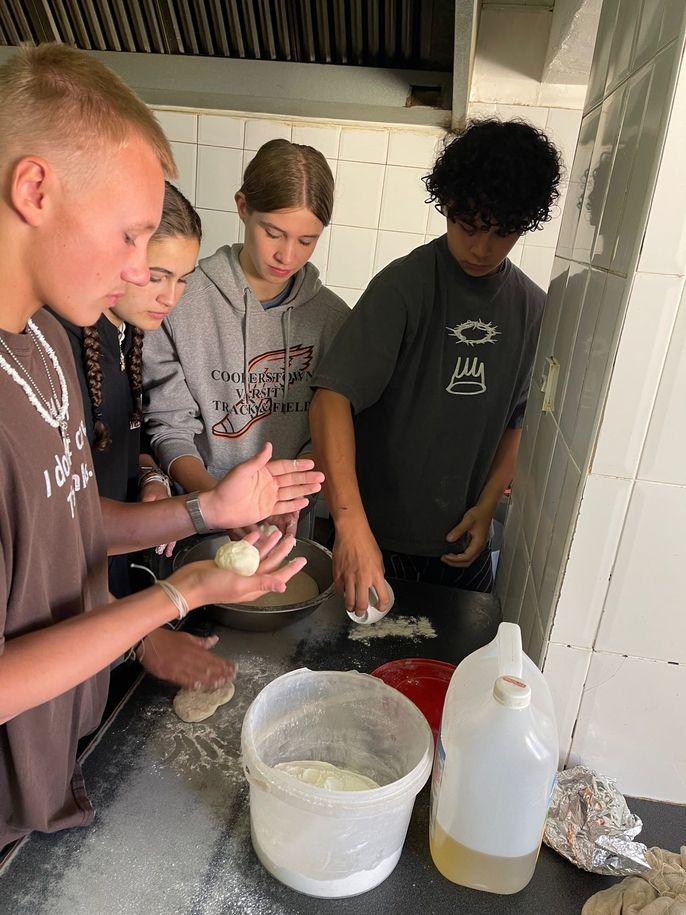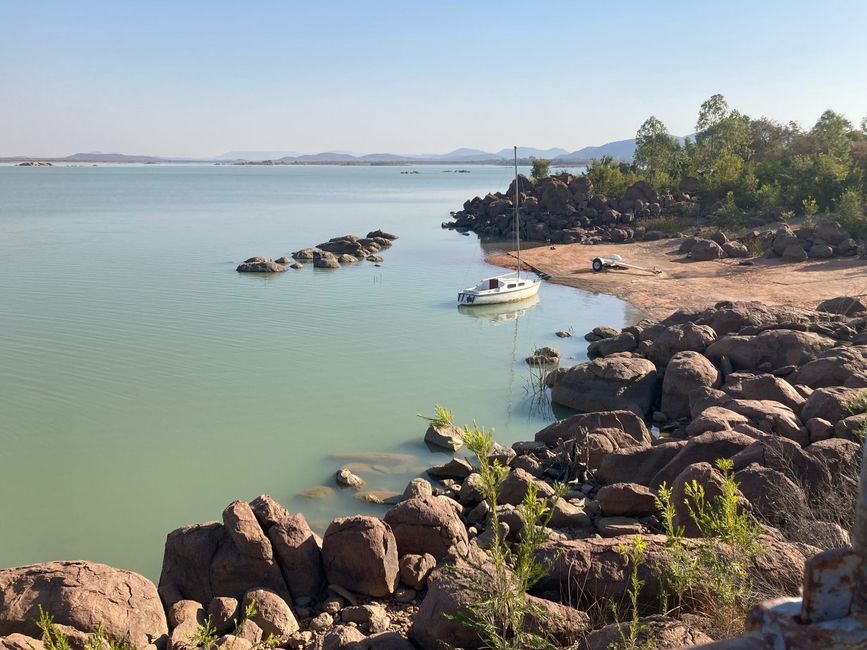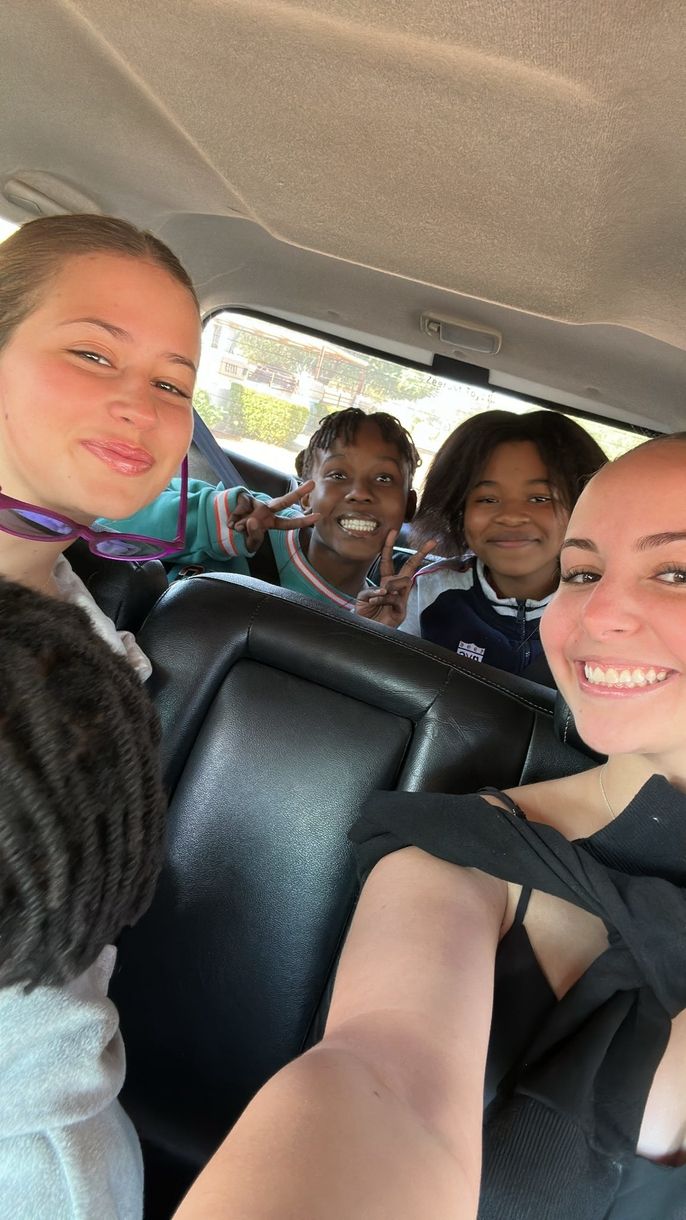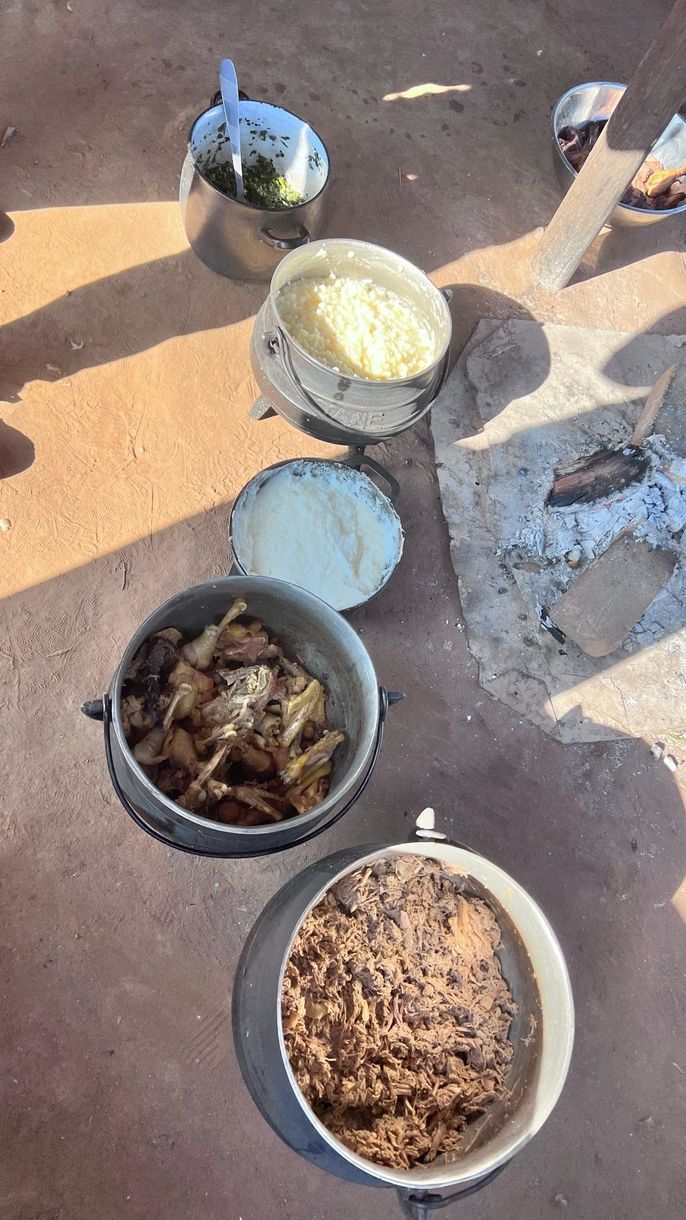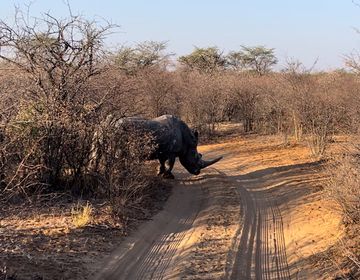Legae means home: Homestay experience
Our Global navigators spent a day with families from Legae Academy to see what daily life Botswana looks like. Some students went golfing, some went to farms in the rural part of town, some learned how to cook traditional meals but all students said they loved their experience. Here are perspectives from two of our students:
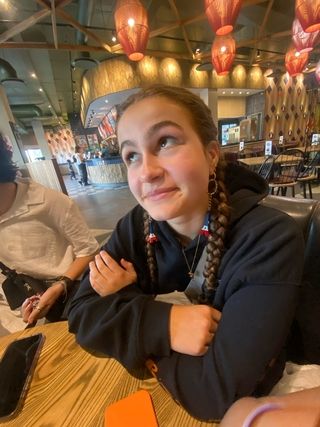
Hattie Garcia: When I heard we had to do a 7 hour home stay I was terrified. I'm not a very socially outgoing person, so the thought of spending a day with people who I barely met was a nightmare. What if I was rude? What do I ask them? What are we going to do? The thoughts raged through my brain. When the day finally came however, I was met with nothing but warm smiles, intriguing questions and laughter. We went to my hosts grandparents house and met with her aunts and baby cousins, who were absolutely the cutest babies I'd ever seen. Puppies attacked my feet as we went around and learned how our lunch was being prepared. Before we ate we walked to a tak shop and got sweets and a snack that was similar to cheetos, but worlds better. My fingers were stained red after I ate the bag. My homestays aunt then took us around town, where we “crashed” a wedding. However, in Botswana culture, everyone is invited. They drive through the streets and honk as a way of inviting us to their ceremony. the bride was stunning as she sat with her new husband surrounded by family, friends, and complete strangers. We also attended a soccer game, which unfortunately was uneventful. After returning home we were gifted with fresh oranges and drove back to the school to meet up with everyone. I was surprised by how much I enjoyed my time, it was so fresh and interesting to be fully immersed in an culture, and I am forever grateful for the family that let me into their lives.
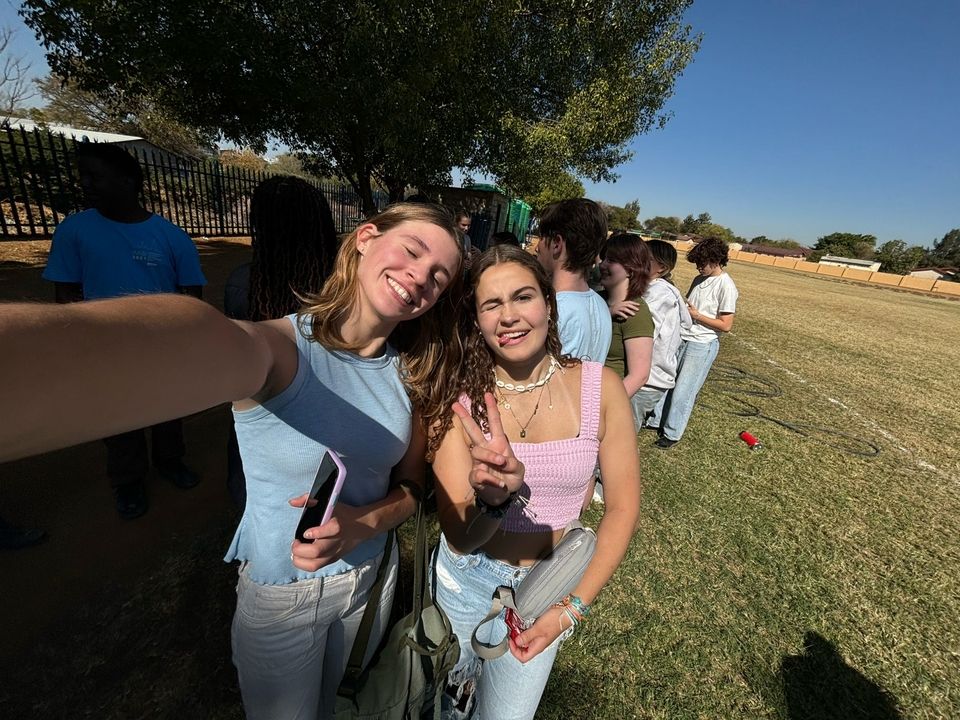
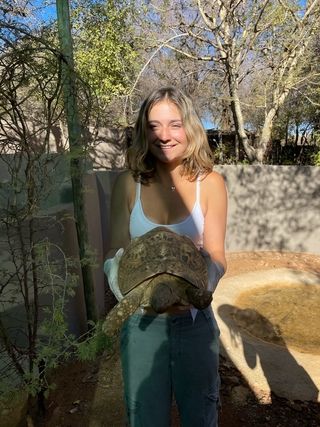
Sofia de Veiga: On Sunday, I, along with two other students, were assigned a homestay family to spend the day with and teach us about the culture in Botswana. There were two girls whose families had offered to host us. Getting in the car with them, the three of us were nervous about whether or not it would be awkward, but they were all very welcoming and kind from the start, which helped relieve any initial discomfort or worry. After we stopped at one of the girl’s houses to switch cars, we were taken to a farm about 30 to 40 minutes outside of Gaborone in the back of a pickup truck, which was really fun. When we got the farm, we were immediately introduced to our objective for the day: preparing a a traditional feast. First, we watched one of the girls’ grandmother, who owns the farm, kill two chickens and then we dipped the headless chickens in boiling water in order to de-feather them. The three of us plucked the chickens, and feathers were everywhere. After the chickens had been fully plucked, we began to chop up the chicken into different parts, such as the legs, breast, and wings.
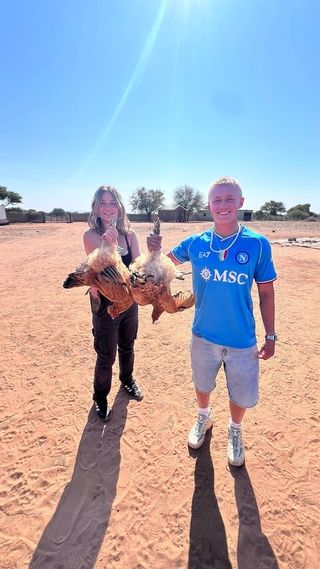
Then, when both chickens were fully cut up and cleaned, we put them in a large clay pot sitting atop a small fire. While the chicken started cooking, we began to prepare side dishes like corn and cream of wheat. The grandmother also brought out some beef that they had previously chopped up and cooked and instructed us to shred it using a wooden spoon. At this time, other members of the family started to show up; we met the grandmother’s sister and a few cousins of one of our homestay girls. While all food cooked in pots over the fire, we were given a tour of the farm. They showed us their cows, chicken, guinea fowl, and goats, and after, we went out to the plantations to pick spinach and kale. We learned that kale in Setswana, the native language of Botswana, is called rape. When we returned, the grandmother and her sister put the spinach and kale in a pot and put that to cook atop the fire as well. For the next hour, while everything cooked, we just wandered around the farm and talked with our homestay girls, learning about their daily lives and school systems. Once everything was cooked, we were so excited to try the food, and we all filled up our plates and took photos. One of the girls had a Polaroid and took a photo of us all holding our plates, which was cute. The food was absolutely delicious, and the chicken was very fresh. My favorite dish was the beef dish the grandmother had prepared, called Seswa. When we finished eating, we had some time to relax and enjoy each other’s company before we returned back to the school to meet up with everyone else in our group and return to the nature reserve. It was a very fun and enlightening day, and I felt so honored to have been included in their family festivities and learn about the food they eat. Although it was definitely a very different and unfamiliar experience, I really enjoyed every moment and felt so grateful to have had the opportunity to learn about their culture and lives.
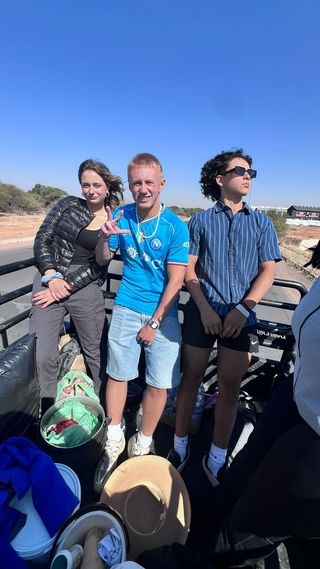
Related Posts
Final Reflections and Advice for Future Students
It is our last day here in Botswana and before all the tears began, we asked students to share some of their final reflections and thoughts. Over the past three... keep reading
A Baobab that rose from the Okavango Delta
There are some things that are iconic to the continent of Africa- the big five, delicious food and the majestic Baobab tree. The Baobab is known as the tree of... keep reading
Khama Rhino Sanctuary
The first stop on our journey to the northern part of Botswana was the Khama Rhino Sanctuary; established in 1992, the sanctuary is a “community based wildlife project” aimed at... keep reading
